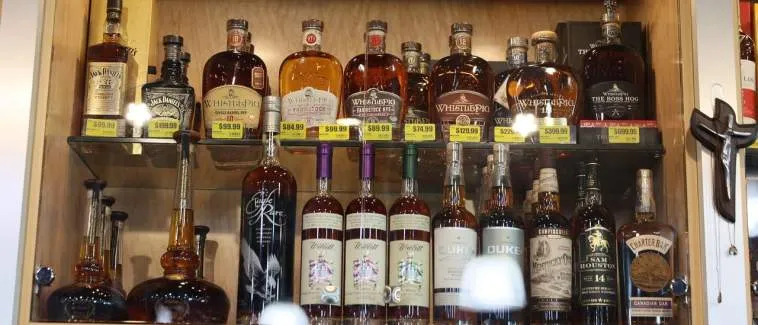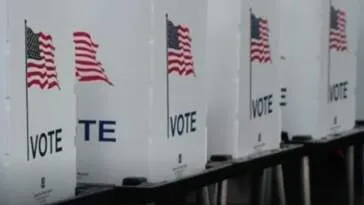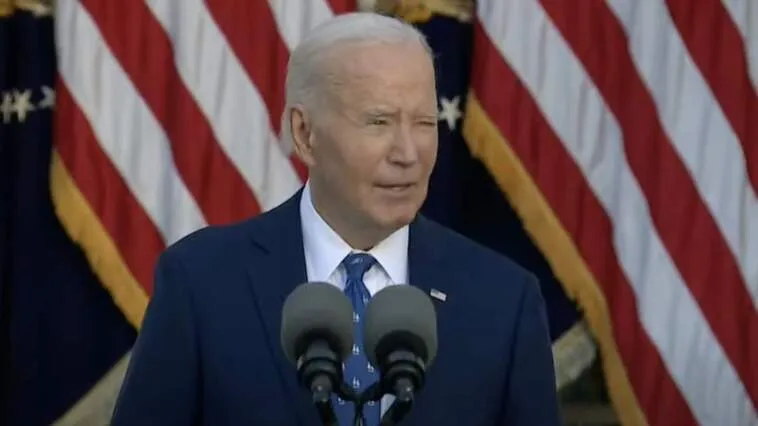(Daily Caller) The federal ban on at-home distilling — a hold over from the Prohibition Era — violates the U.S. Constitution, a new lawsuit argues.
The Hobby Distillers Association, an organization with over 1,300 members represented by the Competitive Enterprise Institute (CEI), filed a federal lawsuitthis month against the Alcohol and Tobacco Tax and Trade Bureau (TBB) and Department of Justice (DOJ) over the government’s ban on at-home distilling. The ban is not just “bad policy,” CEI’s General Counsel Dan Greenberg told the Daily Caller News Foundation, it’s also “inconsistent with a proper view of the limited government constraints of the Constitution.”
“The Constitution created a Federal Government of limited and enumerated powers,” the lawsuit states. “The at-home distilling ban is beyond all of the powers of Congress to enact under the Constitution.”
President Jimmy Carter signed legislation legalizing the practice of homebrewing federally in 1978, though home distilling remained illegal, according to the Smithsonian.
The lawsuit argues that the ban does not fall under Congress’ authority to regulate interstate commerce, as it operates locally, or the federal government’s taxing power, as it “raises no revenue.”
“The interstate sales of beer and wine are regulated in much the same way as the interstate sales of distilled beverage alcohol are regulated, but beer and wine can lawfully be produced at home under federal law,” it states.
Distilling alcohol at home carries consequences of up to five years in prison or up to a $10,000 fine, per the TTB.
“While individuals of legal drinking age may produce wine or beer at home for personal or family use, Federal law strictly prohibits individuals from producing distilled spirits at home,” the TTB website states.
The activity would be properly regulated at the state level, CEI attorney Devin Watkins said in a statement. In some places, such as Alaska, Arizona, Massachusetts and Missouri, state laws allow individuals to distill alcohol at home, according to Reason.
The Ohio state senate introduced a bill in January 2023 that would permit any citizen over 21 to make up to 100 gallons of moonshine a year, according to News 5 Cleveland.
But because it’s still banned at the federal level, even home distillers in states that permit the practice could risk prosecution.
“Like so many laws in our overcriminalized society, however, there is uncertainty about how rigorously these laws are enforced,” C. Jarrett Dieterle, resident senior fellow at the R Street Institute, wrote for Reason earlier this year. “Similar to homebrewers in the ’70s and ’80s, it’s likely that some of America’s craft distilleries started out as clandestine home distilling operations.”
“We believe that, under the Constitution, at-home distilling is an activity properly regulated at the state and not the federal level.”
CEI’s @LibertyDevin on our lawsuit with the Home Distillers Association against the federal ban on at-home distilling.https://t.co/Ci4w1w5fQW
— Competitive Enterprise Institute (@ceidotorg) December 15, 2023




















